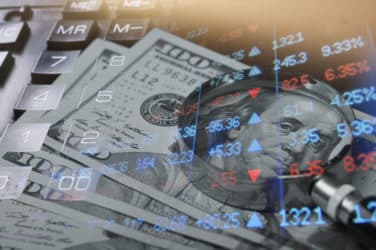
The so-called Volcker Rule, which effectively bans proprietary trading by banks, has forced market participants to consider the boundaries between trading and investing, which at times can be blurry.
“The Volcker Rule deals with proprietary trading, so you have to be trading in a trading account which is short-term and subject to market risk capital rules,” said Curtis Tao, associate general counsel of Citigroup, at the annual meeting of the New York State Bar Association on Monday. “It doesn’t deal with investing, which means investing your own capital, but it just so happens that it’s a long-term position rather than a short-term trading position.”
Regulators are not prepared to say that investing is inappropriate for banks, because investing is no different than lending. “A security is no different than an IOU, just like a loan is,” said Tao. “I might buy an entire issuance of securities for purposes of funding a portfolio of loans. If you look at banks and their balance sheets, banks take in deposits, and need to pay a return on the deposits. How do you earn a return on deposits? Well, it’s going to lend the money or it’s going to invest in securities. That’s just the nature of banking.”
The Volcker Rule, which was proposed by former Federal Reserve Chairman Paul Volcker, is “a culmination of regulatory pressures at the examination level as well as of regulatory trends,” Tao said. “Because you have to recognize that the Volcker Rule was principally drafted by the banking regulators.”
Banks that had private equity funds or hedge funds have found them to be extraordinarily expensive from a Basel III capital perspective. “With respect to proprietary trading, which is the big elephant in the room that everyone has been focused on, if you look at the financial crisis, there wasn’t a lot of losses that related to proprietary trading businesses or desks,” Tao said. “I think every single institution recognized in the lead up to actual implementation of the Volcker Rule that it’s just not worth it to make a couple of million dollars for a couple of traders to engage in that activity.”
The Volcker Rule has thus far been primarily about compliance work. “It’s been a tremendous amount of work and there’s a tremendous amount of attention at both the governance level within institutions, the regulators, the congress and the public,” Tao said. “But, fundamentally it has not, and I don’t believe it will, reshape the institution because the institutions in the financial system have already adjusted.”




